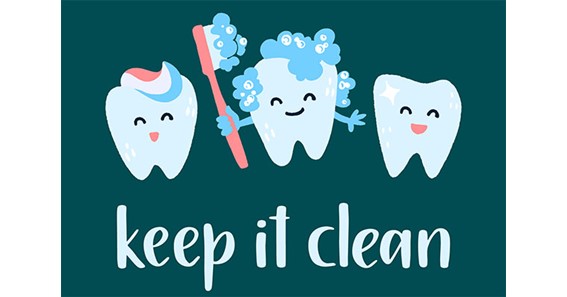Tooth decay is one of the most common dental problems in the United States. It is a preventable condition, but many people simply don’t know how to protect their teeth from decay.
In this blog post, we will discuss all about tooth decay: what it is, how to prevent it, and how to treat it if you already have it. Follow these tips, and you can keep your smile healthy and sparkling for years to come!
-
What is Tooth Decay
Tooth decay is a common dental health issue that happens when bacteria in your mouth combine with saliva and food debris to form plaque, which then eats away at the enamel of your teeth. Plaque acid produced by these bacteria leads to the formation of cavities and eventually, if left untreated, can even lead to serious problems like infections or broken teeth.
Unfortunately for us, the primary cause of tooth decay is consuming sugary or acidic foods and drinks because these typically increase the rate at which plaque accumulates on our teeth. Other causes of tooth decay might be dehydration, combined with malnutrition and poor dental hygiene habits.
-
How to Prevent Tooth Decay
Taking care of your teeth doesn’t have to be a chore – in fact, preventing tooth decay can be surprisingly simple. The most important steps are brushing your teeth twice a day, and flossing daily.
Additionally, it’s essential to limit the amount of sugary snacks and drinks that you consume since sugars create an acidic environment that damages the enamel. Visiting the dentist for regular checkups and cleanings will keep any risks at bay and help you become familiar with the state of your dental health.
It may also be beneficial to use a mouth rinse or special toothpaste prescribed by your dentist to fight off bacteria in harder-to-reach places. Ultimately, keeping up with your oral hygiene prevents cavities and other dental catastrophes down the line – it’s definitely worth the effort.
-
Signs and Symptoms of Tooth Decay
It’s important to know the warning signs of tooth decay so you can identify it early and take appropriate treatment measures. Some of the most common signs include sensitivity to hot or cold foods, discoloration on your teeth, pain when chewing, and even bad breath.
Some less obvious, and earlier signs of tooth decay can include staining, discoloration, and the like. For example, wearing braces makes it more difficult to effectively brush the surface of your teeth, which can lead to discoloration —an early sign of tooth decay. Visit JS Dental Lab to learn more about how to easily restore stained teeth from braces.
-
Treatment for Tooth Decay
Luckily, there are several treatment options for decay available in most modern dental care practices. Primarily, treatments range from simple fillings to dental crowns and implants.
Fillings involve removing any decayed material and sealing the cavity with a gel and filling material such as silver amalgam or tooth-colored composites. In cases of severe decay, a dental crown can be used to fully encase the affected tooth.
When major damage requires a replacement tooth, implants are usually the go-to solution. With so many options, your dentist should be able to help you decide which one is right for you given your individual circumstances.
-
Home Remedies for Treating Tooth Decay
Many people suffer from tooth decay and struggle to find remedies to treat it. Fortunately, there are many home remedies to alleviate tooth decay and associated symptoms.
One such remedy is oil pulling – swish a tablespoon of coconut oil around your mouth for 1-2 minutes each day. Doing this helps pull out bacteria that leads to tooth decay while also leaving your mouth feeling refreshed. However, it’s important to note that oil pulling will not reverse the effects of tooth decay.
Alternatively, you can try brushing your teeth with baking soda as an abrasive cleaner which will help eliminate plaque buildup on the surface of your teeth. Lastly, using antiseptic essential oils like clove, tea tree, and eucalyptus can go a long way in killing decaying bacteria.
All these natural remedies can provide relief if used correctly. Hopefully trying any one of these home remedies will help you feel better about your oral health in no time!
Conclusion
Tooth decay is a serious problem that affects millions of people around the world. While there are many causes and risk factors, it’s essential to be aware of how to prevent tooth decay and recognize its signs early on. Although visiting the dentist for regular checkups can help, there are also home remedies such as oil pulling, brushing with baking soda, and using antiseptic essential oils that can provide relief from painful symptoms. Ultimately, it’s important to practice good oral hygiene habits like brushing your teeth twice a day and limiting the amount of sugar you consume in order to protect yourself from tooth decay.
